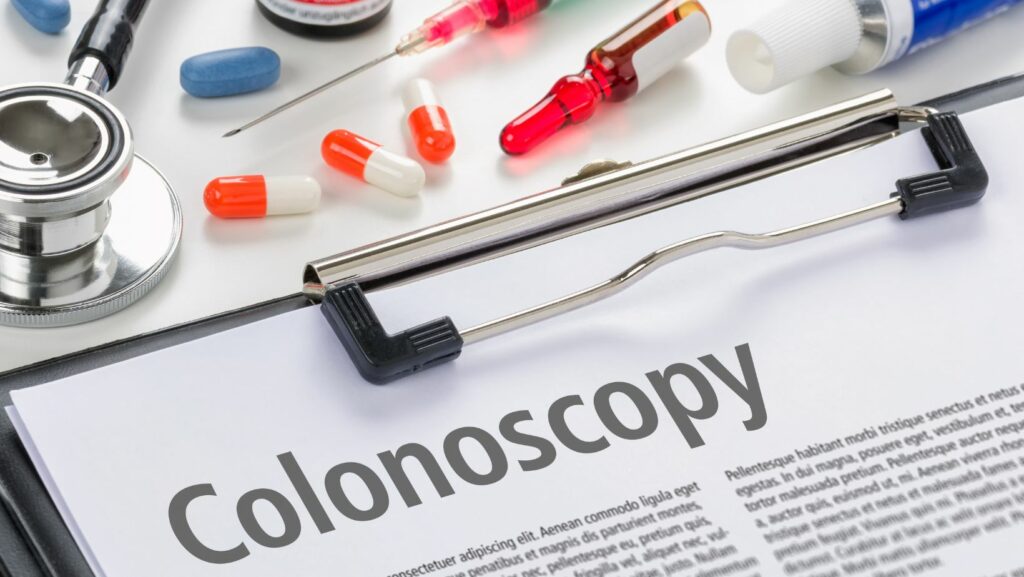In the world of healthcare, preventive measures are pivotal in maintaining good health. One such measure that often sparks discussion is the colonoscopy. But is a colonoscopy considered preventive care? This question has become increasingly significant as people strive to understand their health insurance policies and navigate the complexities of medical billing.
The answer isn’t as straightforward as you might think. Factors such as age, medical history, and insurance coverage all play a role. So, let’s delve into the topic and decipher the nuances of colonoscopy as preventive care. This article aims to shed light on the subject, offering clarity and insight to help you make informed health decisions.
Is a Colonoscopy Considered Preventive Care
A colonoscopy lets doctors inspect the inner lining of a patient’s colon, probing for polyps or abnormalities. A slender, tubular instrument called a colonoscope allows the examination of the entire colon’s length with ease and precision. Physicians may also leverage this device for polyp removals and biopsy sampling, providing ample health insights without invasive surgery.
Conditions Detected by Colonoscopy

Colonoscopy can efficiently diagnose numerous gastrointestinal conditions. Medical professionals primarily use it to spot colorectal cancer—one of the most common cancers globally. Other serious conditions a colonoscopy can detect include inflammatory bowel disease (for instance, Crohn’s disease or ulcerative colitis), diverticulosis, and certain types of hemorrhoids.
Given its diagnostic abilities, many wonder if a colonoscopy is preventive care. Although it aids in early detection, it is not categorized strictly as preventive by all insurance companies due to complexities involved in policy details.
Colonoscopy’s Role in Preventive Care
Preventive care includes medical tests conducted to determine potential health risks, preventing the onset of diseases or medical conditions. Broadly perceived as preventive care, a colonoscopy plays a vital role by identifying and removing polyps—abnormal growths in the lining of the colon that may develop into cancer if undetected or untreated. Therefore, its principal focus is disease prevention, especially colorectal cancer, which aligns it closely with the tenets of preventative healthcare.
Insurance Coverage for Colonoscopy as Preventive Care

Under the Affordable Care Act in the United States, insurance providers cover most preventive services, including colonoscopies, without any cost-sharing, given certain conditions. For example, patients undergoing colorectal cancer screenings receive full coverage if they meet the age criteria—50 to 75—or have a high risk for such cancer.
However, patients are liable for payments if the colonoscopy shifts from preventive to diagnostic during the procedure.
Understanding Preventive Care
Preventive care constitutes a category of health services aimed at prevention and early detection of diseases. Regular screenings, immunizations, and wellness exams fall under this healthcare domain. Understanding colonoscopies as preventive care involves recognizing their value in early detection and prevention of conditions such as colorectal cancer.
In light of this, insurance providers generally cover colonoscopies as preventive care procedures. Yet, it’s crucial that individuals understand these services may incur charges if the doctor finds a suspicious polyp or abnormal tissue that necessitates removal or further examination. Guided by the Affordable Care Act, these subtleties in cost coverage make understanding preventive care a pivotal aspect when discussing colonoscopies.
Insurance Coverage for Colonoscopies

It’s clear that colonoscopies play a pivotal role in preventive healthcare, particularly in the early detection of colorectal cancer. Under the Affordable Care Act, they’re generally covered as preventive care. However, it’s crucial to remember that costs can arise if the scope of the procedure expands due to suspicious findings.
Therefore, it’s always advisable to discuss potential scenarios with your healthcare provider and insurance company beforehand. This way, you’ll be prepared for any eventuality and can make informed decisions about your health.
